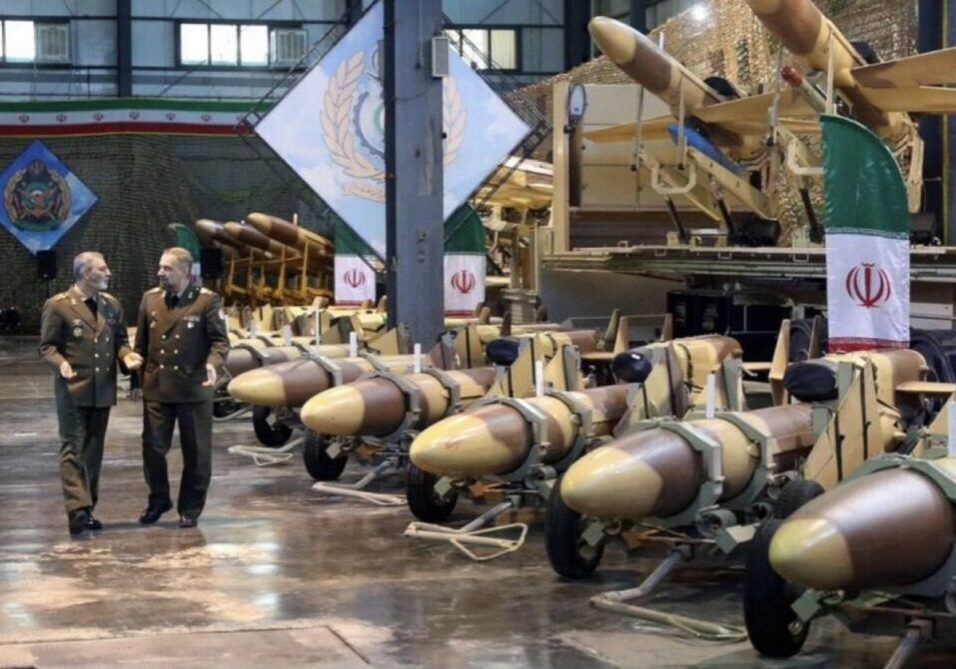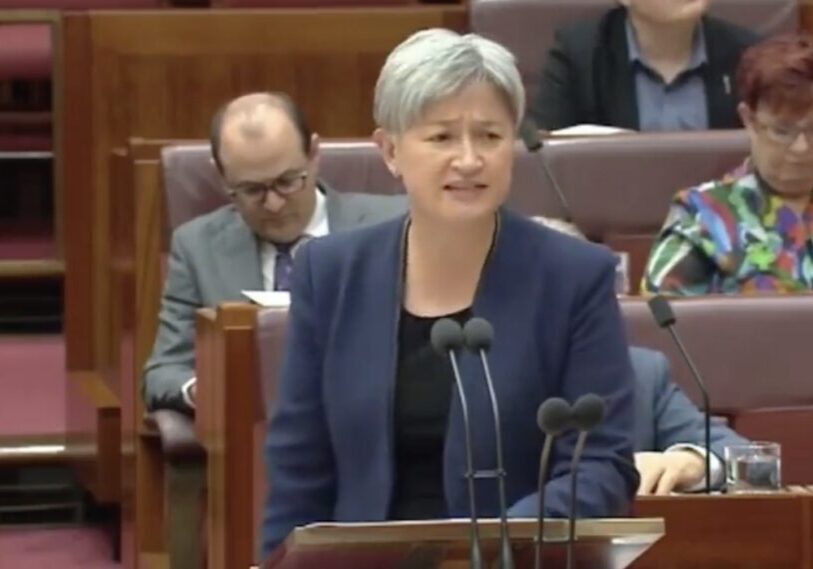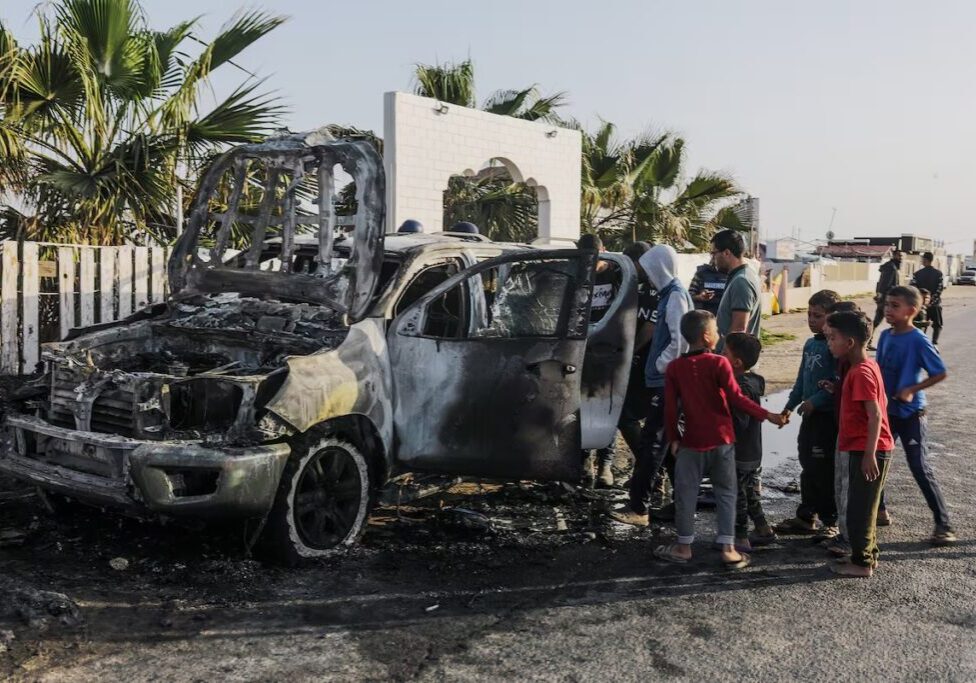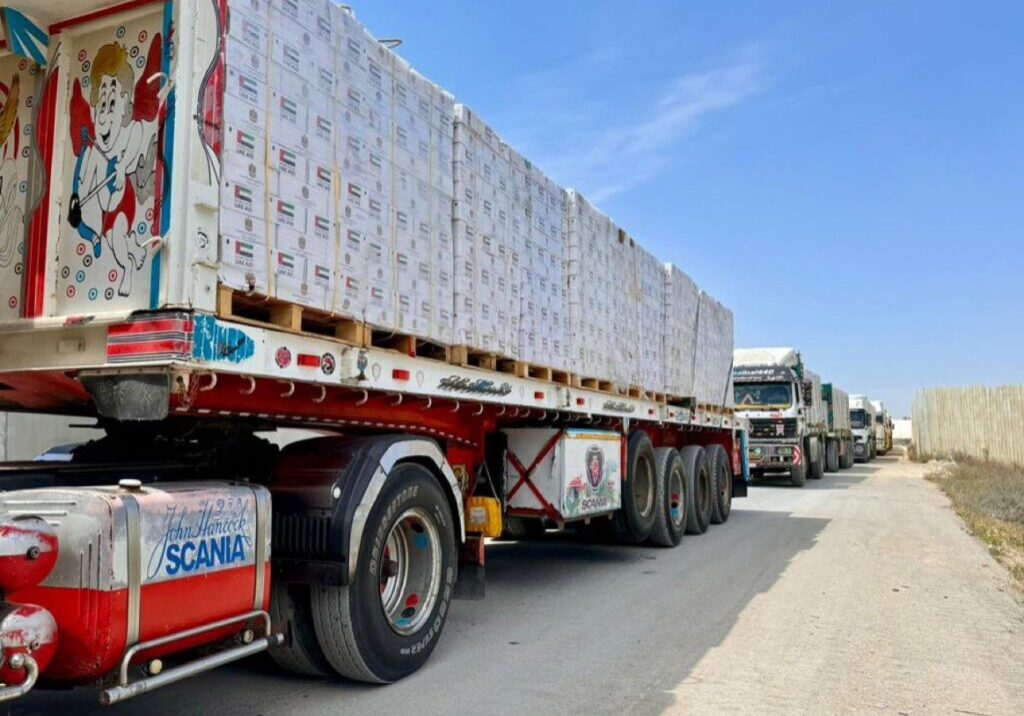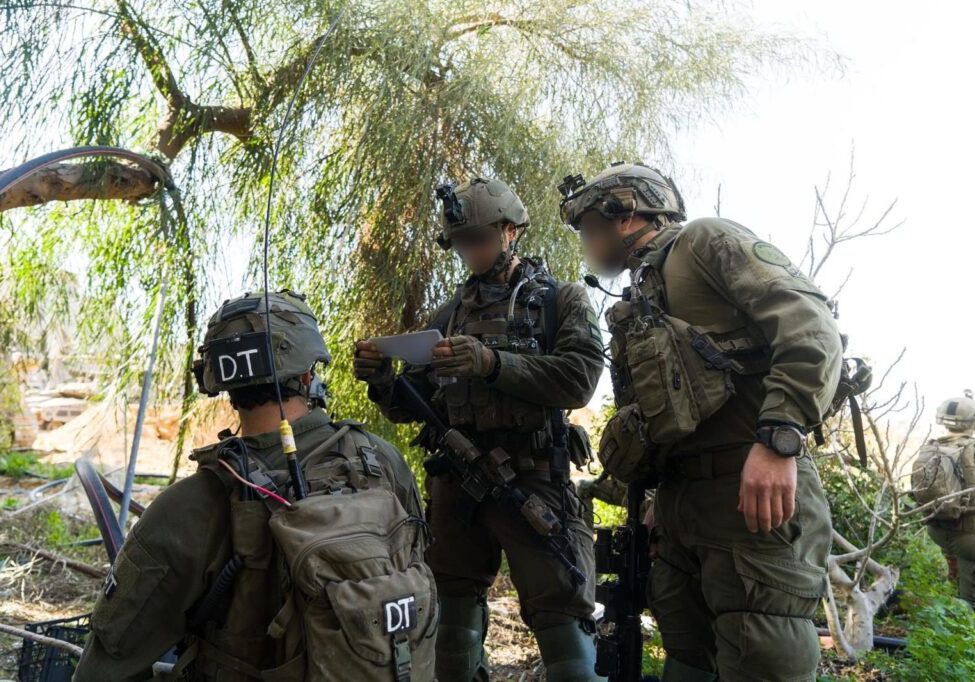Australia/Israel Review
Editorial: The Winds of Change
Jan 28, 2011 | Colin Rubenstein
Colin Rubenstein
The winds of change appear to be blowing once again in the Middle East. Will the historical events in Tunisia be a defining moment for Arab states in finally moving away from tyrannical rule and towards the path of democratisation? Or will Lebanon, where Iran’s terrorist clients Hezbollah are seeking to call the shots, be the template for the region’s future?
The grassroots “Jasmine Revolution” that forced Tunisia’s dictatorial President Zine el-Abidine Ben Ali from power reverberates around the Arab world. It could be a catalyst for Arab regimes to allow more economic and political opportunities and greater freedoms, particularly for their frustrated youth, or for a wave of continued unrest.
Under Ben Ali’s repressive 23-year rule, corruption and cronyism blossomed, freedoms were stifled and political opponents were jailed or exiled. In this regard, Tunisia was not dissimilar to neighbouring Algeria and Libya.
The speed, efficiency and so far largely secular orientation of this relatively bloodless coup has been inspiring.
No dictator has been overthrown by civil unrest in an Arab country for many decades. Ruling elites across the Middle East are watching with some anxiety. Both liberal democrats and Islamists are encouraged.
However, democracy is certainly not yet in place, the violence may continue and Islamists, currently marginalised in Tunisia, nevetheless tend to be well-organised and focused actors and may yet be able to take centre stage.
Tunisia certainly has unique characteristics compared to its neighbours – a relatively well-educated population, a large middle class, a high per capita GNP, large external trade and tourism sectors, and a comparatively strong record on women’s rights.
US Secretary of State Hillary Clinton has warned that populations in the region have “grown tired of corrupt institutions and a stagnant political order.”
This is a positive sign from the Obama Administation which has often been reluctant to raise concerns about democracy and human rights, preferring a policy of “engagement” – primarily with Arab governments.
Hopefully, Washington is now ready to cautiously renew the push for democratisation in the region and wider Muslim world initiated by George W Bush in the aftermath of the 9/11 attacks. Bush recognised that the US is poorly served by relying on dictators who cling to power on the backs of their people and redirect their discontent at Israel and the West.
The Obama Administration’s policy of offering diplomatic overtures to hostile regimes has not worked. Its hesitancy to embrace the opposition after the fraudulent Iranian elections in 2009 represented both a lost strategic opportunity and a blow to the cause of global human rights.
It now needs to use the Tunisian situation to encourage other Middle Eastern countries to begin opening up and reforming in a controlled but genuine way. Business as usual is dangerous, allowing Islamists to channel public discontent as a recruitment tool. Corrupt old regimes could be replaced by fanatics and terrorists.
Egypt, which has stagnated under the 30-year paternalistic rule of Hosni Mubarak, will be a slippery tightrope to negotiate for the US Administration. Mubarak appears to be preparing to extend his term through another Clayton’s election this year and anoint his son as his successor. Unrest in Egypt would be far more devastating than in Tunisia, and would clearly open up significant opportunities to the Muslim Brotherhood, which remains influential despite extensive restrictions. Any loosening of the chains by Cairo could trigger unrest, yet failing to do so might only make the subsequent explosion more devastating.
Lebanon is a case study of how Islamist extremism has fractured and threatens to destroy the most successful democracy in the Arab world. Hezbollah has brought down the cabinet of Prime Minister Saad Hariri in order to prevent Hezbollah figures from being indicted for the 2005 murder of former Prime Minister, Rafiq Hariri. But the big picture is that Hezbollah represents Iran’s drive to dominate the region, and it intends to fully dominate Lebanon as soon as it is able to do so.
The crisis, however, provides an opportunity for the opponents of Hezbollah, including Sunnis, Maronite Catholics and Druze. Will they have the considerable courage needed to demonstrate, as they did during the Cedar Revolution, that Lebanon cannot be dominated by the Shi’ite terrorist group? Obama will need to show decisive support for moderate elements in Lebanon and their pursuit for freedom and democracy – and also be prepared to use pressure to keep the Syrians in check. Otherwise, all the courage in the world will not protect them from Hezbollah’s superior firepower.
Meanwhile, Israel’s Netanyahu Government has been paradoxically stabilised and strengthened by a split in one of the major parties that make up the ruling coalition. Ehud Barak’s resignation from the post as chairman of the Labor Party to establish a new centrist “Independence” (Atzma’ut) party, means seven Labor MKs will now be outside the coalition. However, the threat that Labor might leave en masse is now gone. Despite the realignment, Netanyahu’s government will still command a firm parliamentary majority of 66 seats out of 120.
This is positive because it suggests Israel’s government will have a better chance to serve its full term until 2013, providing stability and an address for negotiations with both the Palestinians and Washington at a critical time. As a confident Netanyahu said, “The whole world knows, and the Palestinians know, that this government will be around for the next few years and that it is with this government that they should negotiate for peace.”
These are unprecedented times for the turbulent Middle East. The prospect of real change – either democratising, or worryingly Islamist – may be on the horizon. Israel’s democracy has fortuitously provided a stable government which hopefully will be able to cope adroitly with the formidable challenges, as well as promising opportunities, likely to emerge from this ever changing reality.
Tags: Israel

